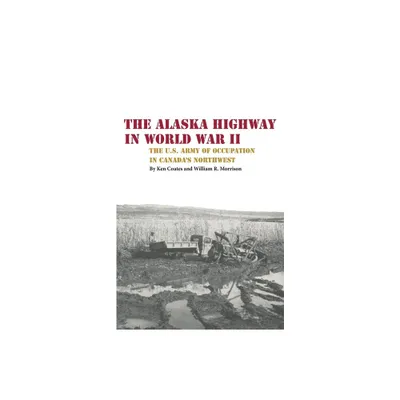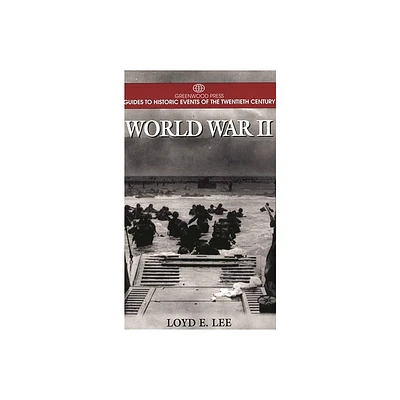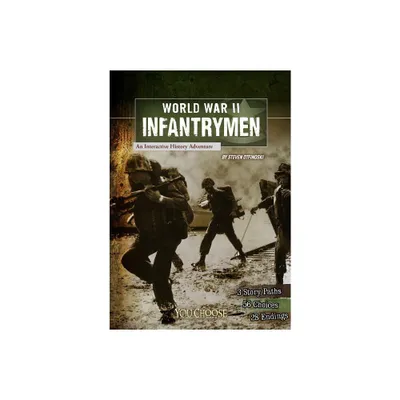Home
a Different Race: World War II, the Alaska Highway, Racism and Court Martial
Loading Inventory...
Barnes and Noble
a Different Race: World War II, the Alaska Highway, Racism and Court Martial
Current price: $14.99


Barnes and Noble
a Different Race: World War II, the Alaska Highway, Racism and Court Martial
Current price: $14.99
Loading Inventory...
Size: Paperback
*Product Information may vary - to confirm product availability, pricing, and additional information please contact Barnes and Noble
On December 7, 1941 the United States suddenly found itself at war with the Empire of Japan. Alaska's Aleutian Island chain led through the North Pacific from Japan to North America, and the army desperately needed to convoy the material of war to Alaska's undefended coastline. That required a 1600-mile road through northern Canada and Alaska.
The army dispatched four white and three segregated Black engineering regiments north to build the Alaska Highway. One of the Black regiments, the 97th Engineers, arrived at snow covered Valdez, Alaska in April 1942, tasked with building the northernmost end of the Highway.
The soldiers of the 97th worked and suffered and their racist, disorganized white officers offered virtually no leadership. When the army finally fired their commander, "Old Grandma", his replacement got the regiment under control. But, focused on getting the job done, he abandoned military protocol and discipline. The black soldiers adapted, became, in effect, civilians in uniform and they completed the road.
To help a third commander scare his black soldiers back to normal protocol and discipline, the army court-martialed ten of them for mutiny, convicted nine and sentenced them to long prison terms at hard labor.
The army dispatched four white and three segregated Black engineering regiments north to build the Alaska Highway. One of the Black regiments, the 97th Engineers, arrived at snow covered Valdez, Alaska in April 1942, tasked with building the northernmost end of the Highway.
The soldiers of the 97th worked and suffered and their racist, disorganized white officers offered virtually no leadership. When the army finally fired their commander, "Old Grandma", his replacement got the regiment under control. But, focused on getting the job done, he abandoned military protocol and discipline. The black soldiers adapted, became, in effect, civilians in uniform and they completed the road.
To help a third commander scare his black soldiers back to normal protocol and discipline, the army court-martialed ten of them for mutiny, convicted nine and sentenced them to long prison terms at hard labor.


















